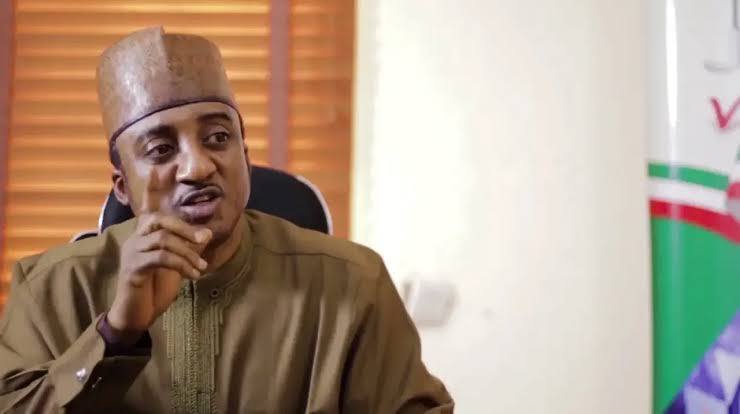The national chairman of the Social Democratic Party, SDP, Shehu Gabam, has said that President Bola Tinubu cannot survive the 2027 election with his current economic policies.
Gabam made this statement on the Sunday edition of Inside Sources with Laolu Akande, a socio-political programme aired on Channels Television.
He highlighted some of the policies of Tinubu’s administration, which he described as unpopular, including the sudden removal of the petrol subsidy, the unification of forex rates, the electricity tariff hike, and the telecoms tariff hike, among others.
“He (Tinubu) needs to review some of his policies, he needs to rejig his cabinet if he wants to leave a legacy by two years. And I don’t see him surviving another election with the same kind of policies going on,” he said.
According to him, with less than two years in office, the demonstrations against the Tinubu government were akin to those against the administration of former President Goodluck Jonathan in 2012.
“Protests against Jonathan started two years (into his administration), and he couldn’t survive it. And there will be no president in history who has spent money to be reelected in the history of Nigeria like President Jonathan. So, if people are thinking that they will use money, they are mistaken. You will only rig while you are popular,” he said.
The SDP national chairman criticised the Tinubu government over its hostilities towards opposition voices, saying the administration should make moves to amend the constitution for Nigeria to become a one-party state.
“Nobody can talk to a governor; he will abuse you, he’s an emperor, you dare not talk to him, you dare not advise him. The same thing applies to the current government. The moment you advise them, they see you as an enemy.
“They forget that some of the political parties stood by INEC at the point of announcing the election results because we don’t want anarchy to ensue,” he added.
Gabam also denied claims that the government pays political parties monthly allocations, saying that this would compromise the watchdog role of the opposition.


